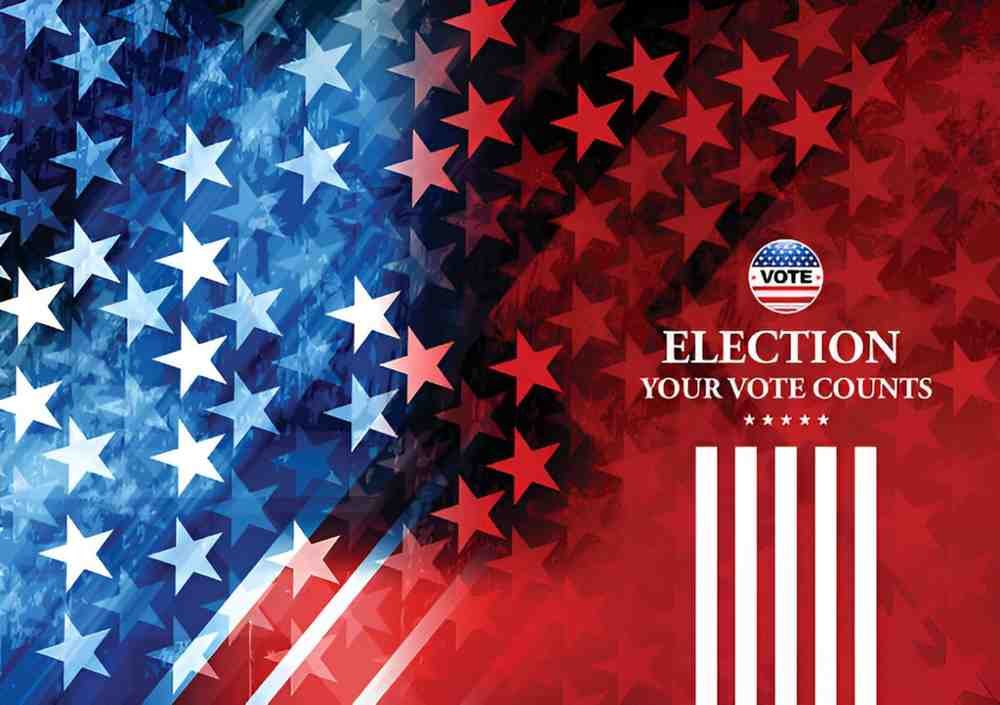As we survey the American political landscape, it can seem like standing amid an expansive field with numerous paths leading in different directions – each path representing different ideologies or visions for how the country should develop. Although Democrats and Republicans dominate, other significant players exist such as Libertarian Party, Green Party and various small parties who all play key roles as voting options; understanding their ideologies helps voters make informed choices when casting ballots.
Table of Contents
The Democratic Party
· Historical Context
Since its founding in the early 19th century, one of the longest running political parties worldwide – Democratic Party – has experienced considerable change since its formation. Once associated with states’ rights and agrarian interests, its focus has shifted substantially and now champions social equality as well as strong federal governance; particularly notable during mid 20th century. Such shifts reflect shifting values in society as well as demographic shifts.
· Core Ideologies
At the core of Democratic ideology lies social justice and equality; Democrats advocate for increased government role in providing social services such as healthcare, education and welfare – in part so everyone has equal chance for success in society.
Economic policy is central to Democratic ideology. They support progressive taxation and believe the wealthy should pay a larger portion to fund public services and reduce income disparity – an approach consistent with their goal of fostering economic fairness.
Democrats take an expansive and liberal stance when it comes to social issues and abortion access, including LGBTQ+ rights, gender equality and reproductive freedom including abortion rights. Their immigration approach tends to be more inclusive as well, advocating for undocumented immigrants to gain citizenship status through citizenship pathways.
· Criticisms and Challenges
Detractors of the Democratic Party often assert that its policies can lead to excessive government intervention and higher taxes, potentially inhibiting economic development and personal initiative. Furthermore, critics contend that some Democratic policies don’t sufficiently address issues like national security and border control.
The Republican Party
· Historical Context
When first established in the mid 19th century, the Republican Party quickly gained prominence for being associated with Abraham Lincoln and ending slavery. But over time it has evolved into one which emphasizes individual liberties, limited government, and free market principles – this trend becoming especially clear during the latter half of 20th century.
· Core Ideologies
Republicans advocate for limited government. This means putting individual responsibility before that of any state for one’s well-being and economic policy decisions, with lower taxes and spending cuts as core Republican policies; furthermore they believe a free-market economy with minimal state interference will bring prosperity and innovation.
On social issues, Republicans tend to adopt conservative positions. They uphold traditional family values while typically opposing abortion by supporting policies which limit its availability. Their position on LGBTQ+ rights tends to be less progressive although there may be variations within their party.
Immigration is another key area where Republicans often differ from Democrats. Republicans emphasize border security while supporting tighter immigration policies on grounds that such measures are essential to national and economic security.
· Criticisms and Challenges
Detractors of the Republican Party contend that its emphasis on limited government can result in inadequate social safety nets and increase economic inequality, while conservative social policies often infringe upon individual liberties without reflecting modern society’s diversity adequately.
The Libertarian Party
· Historical Context
Established in 1971, the Libertarian Party presents itself as an advocate of individual liberty and limited government. The party emerged to address what its founders saw as overreach by both major parties on issues pertaining to personal liberties and economic intervention.
· Core Ideologies
Libertarians advocate for minimal government interference with both personal and economic decisions. This philosophy leads them to support policies such as legalizing marijuana use, decreasing government regulations and supporting non-interventionist foreign policies.
Libertarians advocate for free market capitalism as an economic approach. According to them, government interventions distort markets and hamper economic expansion. Therefore they advocate for lower taxes, reduced government spending and balanced budgets.
· Criticisms and Challenges
Critiques and Challenges Some critics of the Libertarian Party believe its policies to be overly idealistic and impractical. Their minimal government approach may fail to provide adequate protection for vulnerable populations or effectively address complex social issues, according to them.
The Green Party
· Historical Context
The Green Party was first formed in 1984 as part of an international movement advocating for environmental sustainability, social justice and grassroots democracy. It has its origins in environmental and social movements from the 1970s to 80s.
· Core Ideologies
At the core of Green Party ideology lies their commitment to environmental sustainability. Their policies seek to address climate change, preserve natural resources, and support renewable energy; furthermore they support transitioning toward an economy centered on sustainability instead of short-term profits.
Social justice is central to Green Party ideology. They advocate for policies to address income inequality, race/gender discrimination and accessing essential services like healthcare and education – often taking more radical approaches than Democratic Parties in order to bring about true social change.
· Criticisms and Challenges
Detractors of the Green Party often point out its policies can be unrealistic and economically disruptive, potentially leading to job loss and economic instability as soon as a rapid transition towards green economic policies occurs. Furthermore, its emphasis on social justice can often seem overly idealistic without practical implementation strategies being offered up.
Smaller Parties and Their Impact
· Historical Context
Historical Context Alongside major parties, numerous smaller political organizations also contribute to America’s political diversity. Examples of such parties are Constitution Party’s advocacy for returning to principles enshrined within U.S. Constitution as well as regional or issue-specific parties.
· Core Ideologies
Smaller parties often focus on specific issues or ideological perspectives not adequately represented by major political parties, like the Constitution Party’s strong advocacy of limited federal power and greater state sovereignty. Other smaller parties might focus on issues like social justice, environmental protection or economic reform as their core ideology.
· Criticisms and Challenges
Smaller parties face significant difficulties operating under U.S. political systems. Their electoral systems make winning seats increasingly difficult for them with limited resources and media visibility, prompting some critics to complain that this system narrows political diversity further and reinforces major party dominance.
Conclusion
American political parties represent a varied collection of ideologies and viewpoints. Democratic and Republican parties dominate, each offering its own vision for America’s future; Libertarian and Green parties provide alternative viewpoints by advocating policies which challenge existing systems; smaller parties add further depth while facing considerable barriers due to system bias against them.
Understanding these parties and ideologies provides more clarity when it comes to political navigation, prompting us to reflect more critically about choices we face as voters and envisage for our country’s future. By engaging with these ideas and voting carefully at election time, voters have an invaluable power that allows them to shape that future by shaping it through informed voting choices.
As our political landscape is ever-evolving, our choices matter more than ever. By understanding the ideologies of major political parties and participating in democratic processes with confidence and clarity, we can contribute towards building an idealized future that reflects our personal beliefs and aspirations.





